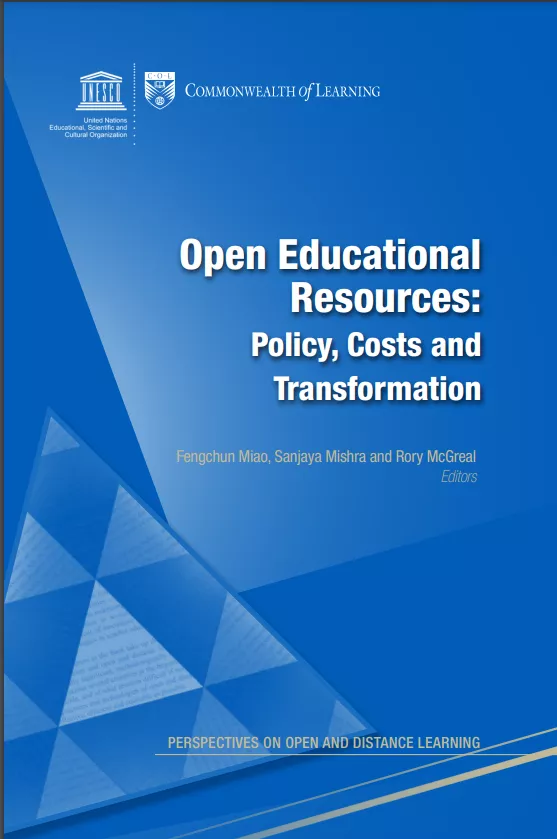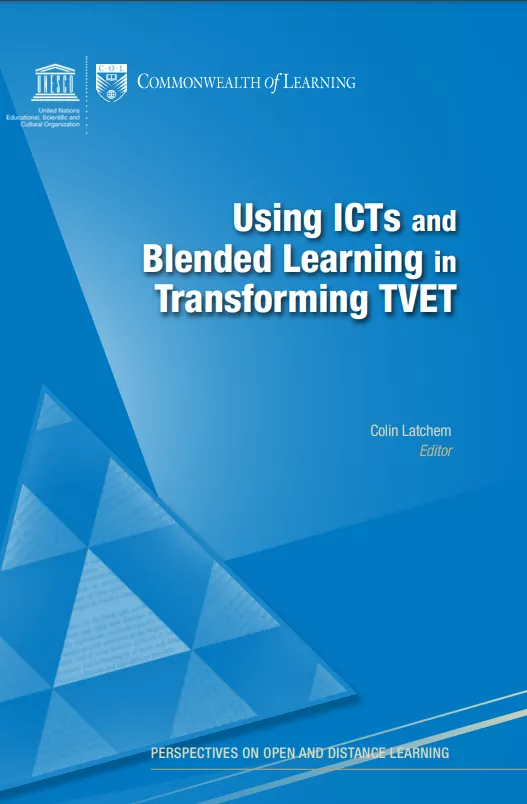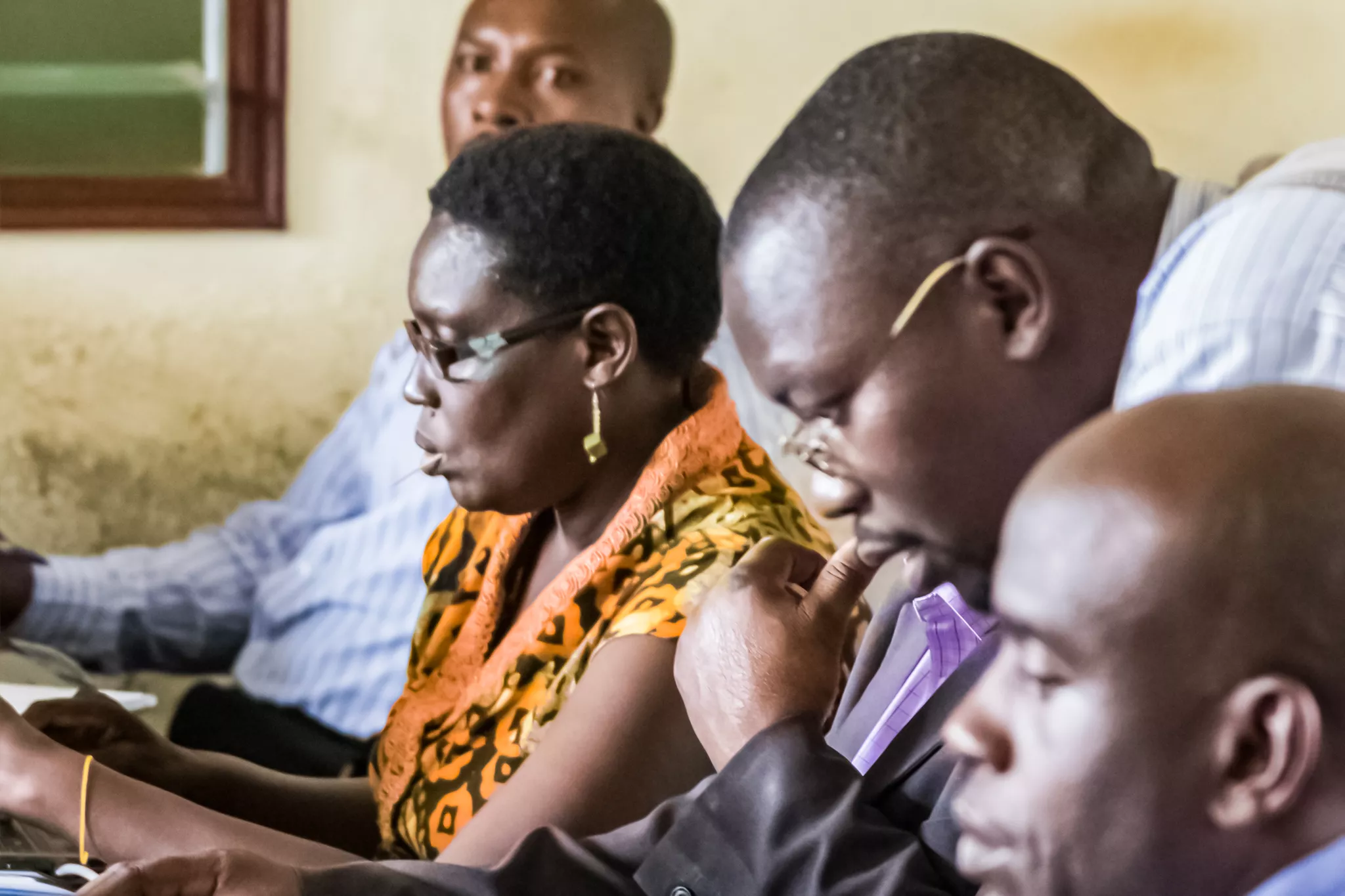
Chapter 5 - Caribbean Open Textbooks Initiative
This chapter considers both the role that Open Educational Resources (OER) can play in supporting school-level pedagogical transformation, and the policy approaches to initiate transformation in public school systems. Focusing on the context of Antigua & Barbuda, the chapter recognises that, for change to be effective, it needs to be driven at the systemic level, as this ultimately directs most public school systems’ operations.






